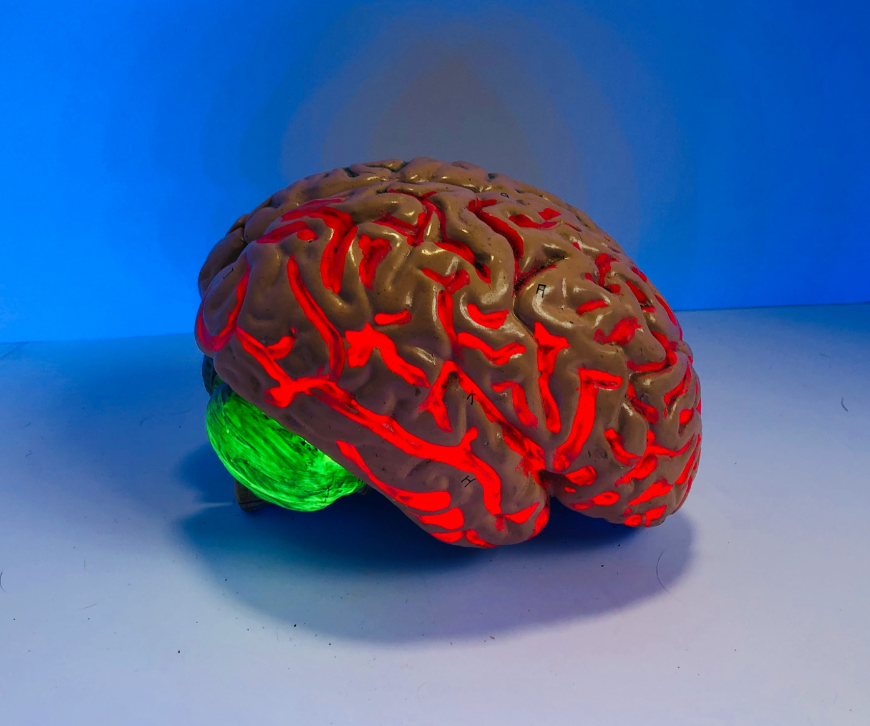Autonomic symptoms are physical manifestations of problems with the autonomic nervous system (ANS). This system controls involuntary bodily functions like heart rate, blood pressure, digestion, and sweating. Autonomic dysfunction can lead to a wide range of symptoms, including orthostatic hypotension (dizziness when standing), exercise intolerance, sweating abnormalities, digestive issues, and vision problems, among others.
Common Autonomic Symptoms:
Cardiovascular:
Orthostatic hypotension: Dizziness or lightheadedness upon standing, potentially leading to fainting.
Abnormal heart rate: Fast heart rate (tachycardia) or slow heart rate (bradycardia).
Exercise intolerance: Inability to regulate heart rate and blood pressure during physical activity.
Heart palpitations: Feeling of a fluttering or pounding heart.
Gastrointestinal:
Digestive problems: Changes in appetite, nausea, vomiting, constipation, or diarrhea.
Difficulty swallowing (dysphagia): Trouble or pain with swallowing.
Urinary:
Urinary retention: Difficulty emptying the bladder.
Urinary incontinence: Loss of bladder control.
Genitourinary:
Sexual dysfunction: Problems with erections, orgasms, or vaginal dryness.
Sweating:
Hyperhidrosis: Excessive sweating.
Anhidrosis: Inability to sweat.
Vision:
Sluggish pupils: Difficulty adjusting to light changes.
Blurred vision: Difficulty seeing clearly.
Other:
Dizziness and balance problems: Vertigo or difficulty maintaining balance.
Fatigue and brain fog: Feeling tired or having difficulty concentrating.
Sensitivity to light and sound: Increased sensitivity to sensory stimuli.
Changes in body temperature regulation: Difficulty maintaining a stable body temperature.
Headaches and migraines: Frequent or severe headaches.
Causes of Autonomic Dysfunction:
Autonomic dysfunction can be caused by a variety of factors, including:
Autonomic neuropathy: Nerve damage affecting the ANS, often associated with diabetes or other conditions.
Dysautonomia: A broad term referring to a variety of autonomic nervous system disorders.
Pure autonomic failure (PAF): A rare condition affecting the ANS, causing a wide range of symptoms.
Cardiovascular autonomic neuropathy (CAN): Damage to the nerves controlling the heart, often associated with diabetes.
Other medical conditions: Conditions like Parkinson’s disease, cancer, autoimmune disorders, and alcohol abuse can also affect the ANS.
Medications: Certain medications can also cause or exacerbate autonomic symptoms.

Autonomic symptoms
Autonomic symptoms are physical manifestations of problems with the autonomic nervous system (ANS). This system controls involuntary bodily functions like heart rate, blood pressure, digestion, and sweating. Autonomic dysfunction can lead to a wide range of symptoms, including orthostatic hypotension (dizziness when standing), exercise intolerance, sweating abnormalities, digestive issues, and vision problems, among others.Common Autonomic…



Leave a Reply